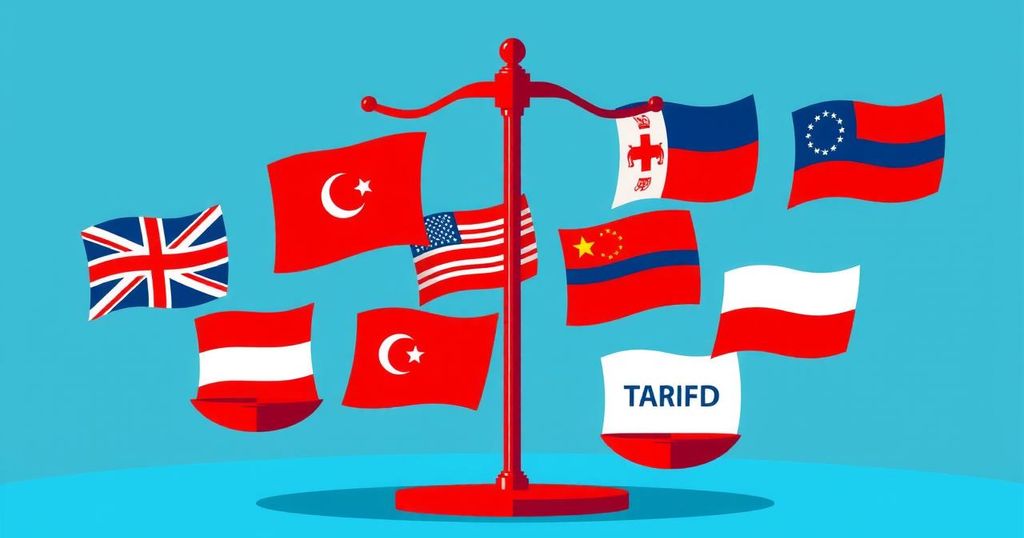Trump Announces 50 Percent Tariff on Brazilian Goods Effective August 2025

- President Trump announces a substantial 50 percent tariff on Brazilian goods.
- The tariff is set to begin on August 1, 2025, escalating an earlier 10 percent tariff.
- Trump’s letter to Brazil cites free speech and election rights concerns as justification.
- Concerns raised include Brazil’s alleged censorship affecting U.S. social media platforms.
- R-CALF USA applauds the tariff, citing national food security issues.
- Critics question the effectiveness of tariffs in influencing Brazil’s internal politics.
Trump’s Tariff Announcement and Its Basis
President Trump has officially declared a hefty 50 percent tariff on Brazilian imports, which is slated to take effect on August 1, 2025. This announcement comes as a response to ongoing frustrations regarding Brazil’s treatment of former President Jair Bolsonaro. In a letter to Brazil’s president shared widely on social media, Trump articulated his concerns, particularly focusing on what he described as Brazil’s attacks on free elections and free speech rights that indirectly harm American interests.
The Context Behind the Tariff Increase
In his letter, Trump specifically referenced the Brazilian Supreme Court’s issuance of numerous secret and unlawful censorship orders against U.S. social media platforms. These orders, he emphasized, posed a significant threat to these platforms with potential fines amounting to millions of dollars, alongside the risk of being completely ousted from Brazil’s market. The president underscored that these actions warranted the steep tariff, which notably increases from the initial 10 percent tariff he had established in April as part of his reciprocal tariff strategy on Brazilian goods.
Implications and Reactions to the Tariff
Experts have weighed in on the broader implications of this tariff move. There’s speculation that this could be seen within the framework of a coalition of emerging economies, which include Brazil, Russia, India, and China, among others, who have criticized the United States for its military interventions and previous tariff strategies. While Wilbur Ross, the former commerce secretary under Trump, noted that such tariffs have been controversial, it’s believed that they might face legal challenges ahead. Nonetheless, he pointed out that Trump has had his share of favorable court outcomes.
In conclusion, President Trump’s announcement of a 50 percent tariff on Brazilian goods reflects his administration’s ongoing discontent with Brazil’s internal politics and actions regarding free speech. This decision significantly escalates previous tariffs and suggests a broader geopolitical strategy focused on emerging economies. Reactions from industry advocates like R-CALF USA highlight the potential impact on domestic food security, underlining the complexities tied to international trade relations.






